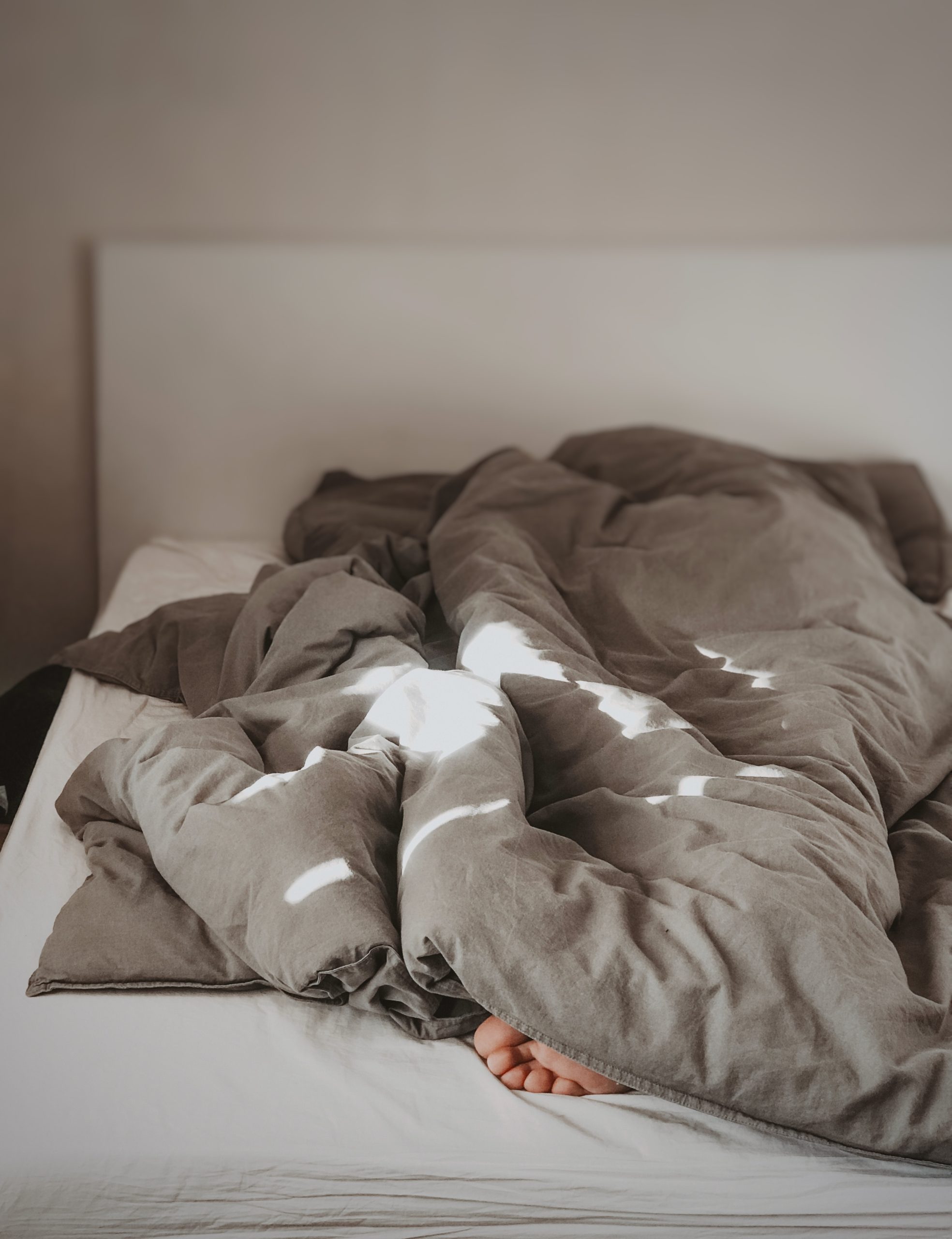Sleep is the golden chain that ties health and our bodies together, as Thomas Dekker once put it. In our fast-paced world, achieving a restful sleep can sometimes feel like a luxury rather than a necessity. But a solid pre-bedtime routine can be your passport to quality slumber.
“Sleep is the best meditation.” – Dalai Lama
Below, let’s explore a step-by-step evening routine that encourages restful sleep, tailored to your personal preferences and lifestyle.
Screen Shutdown
Limit exposure to digital screens at least an hour before bed. The blue light emitted by devices like smartphones and computers can suppress melatonin, the hormone that controls your sleep-wake cycle. Arianna Huffington, co-founder of The Huffington Post, advocates for a ‘digital detox’ in her book, “The Sleep Revolution,” explaining that she personally disconnects from digital devices 30 minutes before sleep.
Relaxation Activities
Spend your pre-bedtime hours doing something relaxing. Bill Gates, co-founder of Microsoft, reads for an hour every night before going to sleep, regardless of how late it is. You could also consider calming music, a warm bath, or even mindfulness meditation.
Prepare for Tomorrow
Planning your next day ahead of time can ease your mind and help you transition into sleep without worry. This can include preparing your outfit, packing a lunch, or making a to-do list for the next day. As productivity guru David Allen suggests in his book “Getting Things Done,” writing tasks down helps clear your mind and reduce anxiety.
Light Evening Snack
If you’re hungry, opt for a light snack that won’t disrupt your sleep. Combining a protein and carbohydrate, such as almond butter on whole grain toast, can aid tryptophan in reaching the brain, where it’s converted into serotonin and then melatonin to promote sleep.
Herbal Tea
A cup of caffeine-free herbal tea like chamomile or lavender is known for its soothing properties. As mentioned in the Journal of Advanced Nursing, the temperature and rituals associated with a hot drink can have calming, sleep-inducing effects.
Sleep-Inducing Environment
Creating a serene environment is crucial for quality sleep. Take a cue from sleep experts at the National Sleep Foundation, who recommend a cool, dark, and quiet room. Use earplugs, an eye mask, or a white noise machine if necessary.
Stick to a Sleep Schedule
Regulate your body’s internal clock by going to bed and waking up at the same time every day. As Matthew Walker, renowned sleep scientist and author of “Why We Sleep,” asserts, a consistent sleep pattern is one of the pillars of good sleep hygiene.
Relaxation Techniques
Incorporate techniques like deep breathing, progressive muscle relaxation, or visualization to unwind. According to the Mayo Clinic, such techniques can promote good sleep by slowing the heart rate and relaxing the muscles.
Limit Fluids
Reducing fluid intake close to bedtime can prevent those disruptive middle-of-the-night bathroom trips. However, balance is key, as adequate hydration is vital for overall health.
Establishing a consistent pre-bedtime routine isn’t about rigid rules. It’s about creating a sequence of calming behaviors that work for you, setting the stage for a night of restful, rejuvenating sleep. Consistency is key, and with time, your sleep quality can improve significantly, leading to more energized, productive days.
